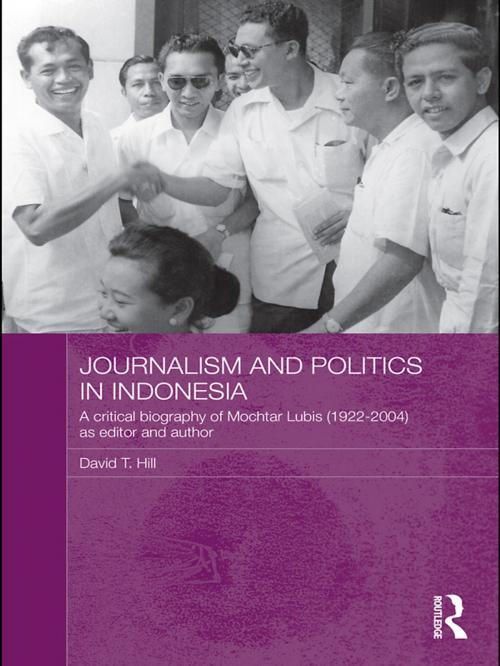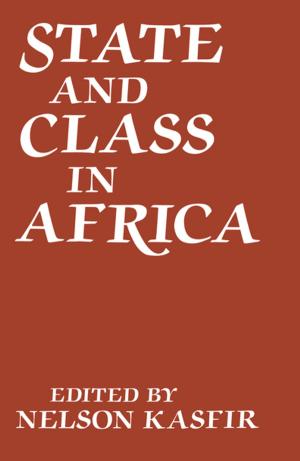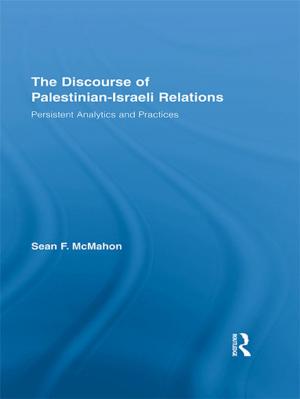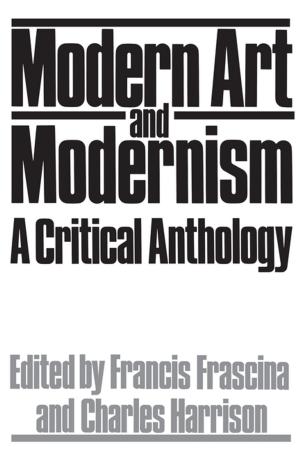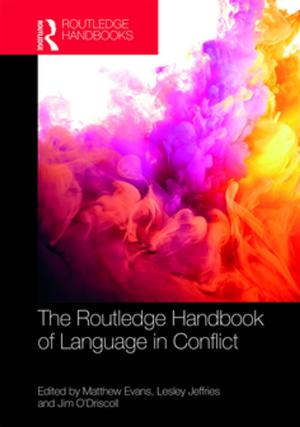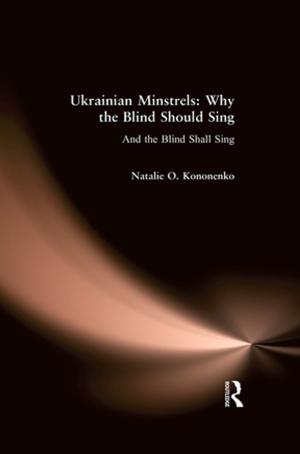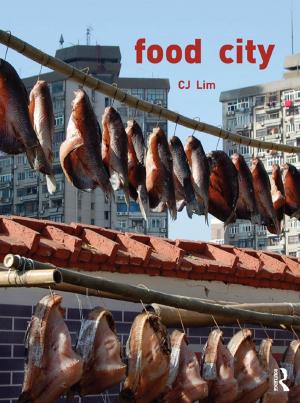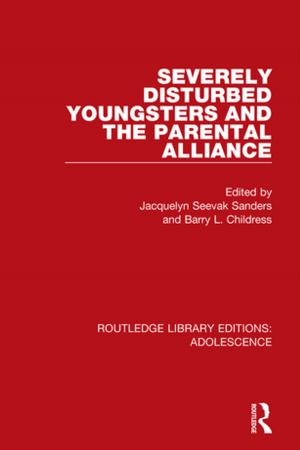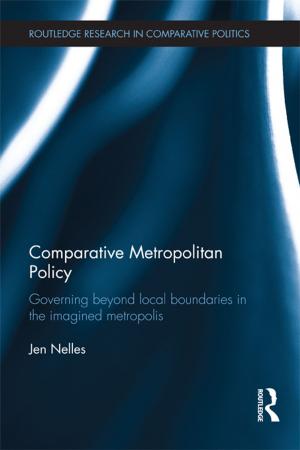Journalism and Politics in Indonesia
A Critical Biography of Mochtar Lubis (1922-2004) as Editor and Author
Nonfiction, Social & Cultural Studies, Social Science, Cultural Studies, Ethnic Studies| Author: | David T. Hill | ISBN: | 9781135169138 |
| Publisher: | Taylor and Francis | Publication: | January 21, 2010 |
| Imprint: | Routledge | Language: | English |
| Author: | David T. Hill |
| ISBN: | 9781135169138 |
| Publisher: | Taylor and Francis |
| Publication: | January 21, 2010 |
| Imprint: | Routledge |
| Language: | English |
Mochtar Lubis was one of Indonesia’s best-known newspaper editors, authors and cultural figures, with a national, regional and international prominence that he retained from the early 1950s until his recent death in 2004. This book traces the major events in the life of Mochtar Lubis, which is also a prism through which much of Indonesia’s post-independence history can be interpreted. This book is also the story of Indonesia in the second half of the twentieth century, when the people of the archipelago became an independent nation, and when print media and the influential figures who controlled and produced newspapers, played a pivotal role in national political, educational and cultural life, defining Indonesia. Editors with strong personalities dominated the industry and sparred with the nation’s leadership; Lubis was a vocal critic of the abuse of power and a thorn in the side of the country’s first two presidents, becoming synonymous with combative journalism. Under both Sukarno and Suharto, Lubis had his newspaper closed down and was imprisoned. As the only comprehensive biography of this towering figure, the book provides a unique insight into the history and development of media, literature and the political system in Indonesia.
Mochtar Lubis was one of Indonesia’s best-known newspaper editors, authors and cultural figures, with a national, regional and international prominence that he retained from the early 1950s until his recent death in 2004. This book traces the major events in the life of Mochtar Lubis, which is also a prism through which much of Indonesia’s post-independence history can be interpreted. This book is also the story of Indonesia in the second half of the twentieth century, when the people of the archipelago became an independent nation, and when print media and the influential figures who controlled and produced newspapers, played a pivotal role in national political, educational and cultural life, defining Indonesia. Editors with strong personalities dominated the industry and sparred with the nation’s leadership; Lubis was a vocal critic of the abuse of power and a thorn in the side of the country’s first two presidents, becoming synonymous with combative journalism. Under both Sukarno and Suharto, Lubis had his newspaper closed down and was imprisoned. As the only comprehensive biography of this towering figure, the book provides a unique insight into the history and development of media, literature and the political system in Indonesia.
